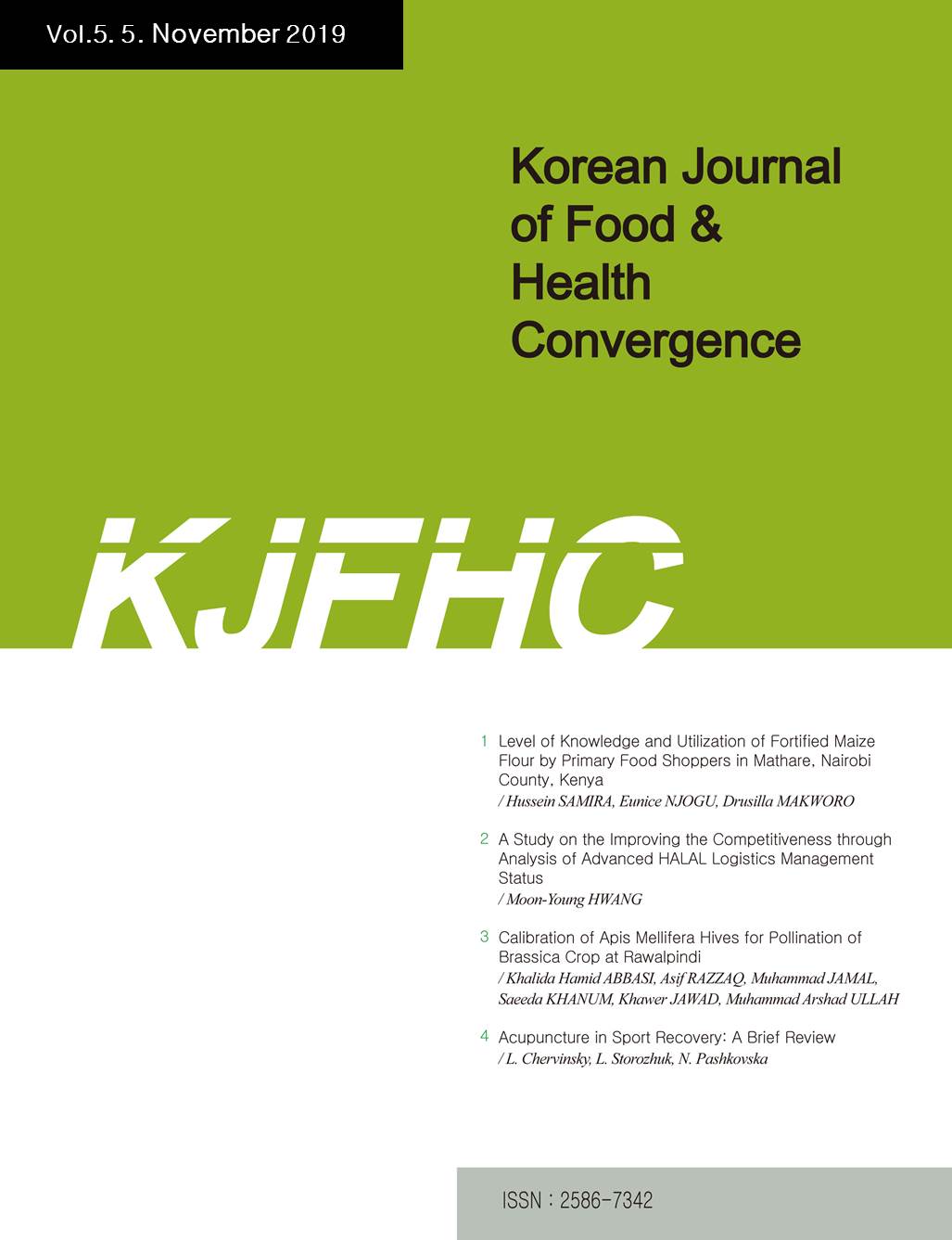- 권한신청
- E-ISSN2586-7342
- KCI
Salinity and sodicity disturbs growth of medicinal crop Guar (Cyanoposisa tetragonoloba)
Rasheed, Muhammad (PMAS - Agronomy Department, University of Arid Agriculture)
Mahmood, Imdad Ali (Land Resources Research Institute, National Agricultural Research Centre)
Abstract
Salinity is one of the major and increasing problems in irrigated agriculture in Pakistan. Salinity stress negatively affects the growth and yield of plants guar (Cyanoposisa tetragonoloba). This experiment was conducted to evaluate the effects of (<TEX>$4dSm^{-1}+13.5(mmol\;L^{-1})^{1/2}$</TEX>, <TEX>$5dSm^{-1}+25(mmol \;L^{-1})^{1/2}$</TEX>, <TEX>$5dSm^{-1}+30(mmol\;L^{-1})^{1/2}$</TEX>, <TEX>$10dSm^{-1}+25(mmol\;L^{-1})^{1/2}$</TEX> and <TEX>$10dSm^{-1}+30(mmol \;L^{-1})^{1/2}$</TEX>) on biomass yield of guar against salinity tolerance. Maximum biomass yield (<TEX>$54.50gpot^{-1}$</TEX>) was produced by <TEX>$4dSm^{-1}+13.5(mmol\;L^{-1})^{1/2}$</TEX> treatment. Biomass produce was reduced with the increase of the salts toxicity. Minimum biomass yield (<TEX>$30.17gpot^{-1}$</TEX>) was attained under <TEX>$10dSm^{-1}+30(mmol \;L^{-1})^{1/2}$</TEX>. <TEX>$5dSm^{-1}+25(mmol\;L^{-1})^{1/2}$</TEX> treatment exhibited improved outcome i.e. the least diminution % over control (18.66). Salinity cum sodicity showed staid effect on the growth reduction from 18.66% to 44.64%. This reduction fissure was impacted by the toxic effect of salinity and sodicity on Guar growth. Salinity- sodicity behaved toxic impact on the growth reduction from 18.66% to 44.64%. Based on the findings, guar (Cyanoposisa tetragonoloba) grows better at <TEX>$4dSm^{-1}+13.5(mmol \;L^{-1})^{1/2}$</TEX> treatment.
- keywords
- Guar(Cyanoposisa tetragonoloba), Saline- sodic, Medicinal value and Biomass yield
- 다운로드 수
- 조회수
- 0KCI 피인용수
- 0WOS 피인용수

